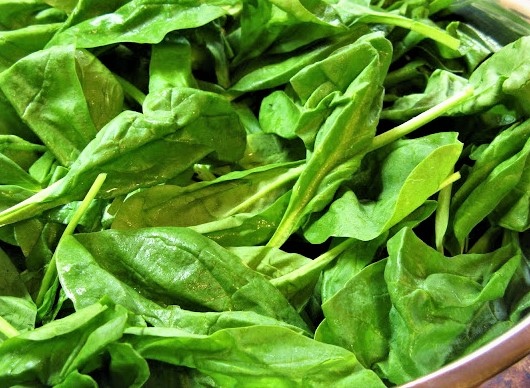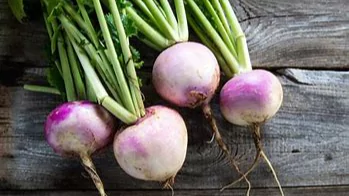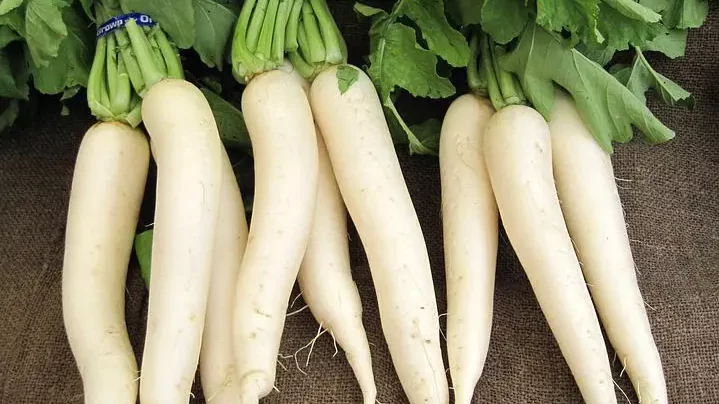Spinach Plant
Spinach (Spinacia oleracea), a strong annual herb from the amaranth family (Amaranthaceae), used as a vegetable. Grown in northern Europe and the United States, spinach is sold fresh, canned and frozen. Young leaves are often sold as “baby food”. It received great attention as a vegetable in the 1920s,
when attention was first drawn to its high content of iron and vitamins A and C. Spinach is served as a salad green and as a side dish. cooking. Scrolls that have oxizates, which combines it in the kidney process if you took it on time and time; Steam or cooking with a vegetable certificate
Propagation of Spinach
Essentials Vegetables grow well in cool areas and can survive the first frost in warm climates. It will germinate and grow well in temperatures between 4 and 16°C (40–60°F) but can withstand temperatures as low as -7C (20°F). Vegetables grow best in well-drained soil with a pH between 6.4 and 6.8. It is sensitive to acidic soil and if the pH is high, the addition of lime is recommended. Room temperature should not exceed 21°C (70°F). Vegetables are propagated by seed, with round vegetables usually sown in early spring for summer harvest and prickly pear varieties usually planted in autumn.
leaves for winter and spring harvest. Seeds should be planted 1-2 cm (0.5-1 in) deep leaving 33-38 cm (13-15 in) between rows. When the seedlings reach about 5 cm (2 in) in height, they should be stretched with a space of 8-10 cm (3-4 in) between the plants. Care and general care Spinach needs a lot of water, if the rain is not enough, 2.5 cm (1 in.) of water should be applied every 7 to 10 days. Vegetables also have high nitrogen and potassium requirements which should be supplied by applying fertilizers based on soil test results.
Potassium poses little environmental risk and can be applied based on soil test results. The timing of nitrogen application varies by location and may be showered during heavy rains. In vegetable gardens, fertilizer is rarely necessary as long as the vegetables are grown in fertile soil. Vegetables can be harvested as soon as they are fully grown and can be harvested by hand or machine. Each leaf can be brought individually as needed from the vegetable garden or cutting the whole plant.
In commercial production, fresh bunched spinach is often cut by hand. Vegetables intended for processing can be cut by machine.
Spinach Plant Care

Light
Place the vegetable where it will receive full sun or partial shade. This means that it needs at least three or four hours of direct sunlight, although it can use protection from the strong sun during the day.
Land
Vegetables like loamy soil, which is rich in nutrients and well-drained. But it prefers neutral pH soil.
Water
The water paper is repeated to make the bottom easily but not soggy. The water is always necessary in hot weather to avoid bolts. In general, vegetables need about 1 to 1 1/2 inches of water per week. Instead of watering deeply every week, it is better to water several times a week. Adding a layer of mulch around the plant can also help maintain soil moisture.
Health Advantages of Spinach
Vegetables strengthen the immune system
Vegetables are very useful in boosting the immune system. High levels of vitamin A help prevent disease and inflammation to a great extent. It strengthens the mucous membranes of the respiratory, urinary and intestinal tracts. Vitamin A is also a key component of lymphocytes (white blood cells) that fight disease in the human body
Aids in weight loss
If you are planning to lose weight, it is advisable to add spinach to your weight loss diet, it will be beneficial for you. Vegetables help in weight loss and are low in calories. Its high fiber content also helps digestion, controls hypoglycemia and prevents constipation. All you have to do is eat vegetables once a day and it will be good for your health. Vegetables are filling and suppress hunger. So including it in your daily diet will help you in many ways.
Vegetables prevent damage to the brain and nervous system
Vegetables maintain brain function, especially in elderly patients. The high content of vitamins C, K and folate contributes to the production of hormones that make the nervous system work properly. It also improves the brain’s processing power. Vegetables help in the synthesis of sphingolipids which are essential fats in the myelin sheath of nerve cells.
Prevents heart attack and atherosclerosis
Over the years, too much fat is stored in your arteries, which leads to hardening of the arteries, which leads to strokes and atherosclerosis. However, muscles get stronger over the years and to prevent this from happening, you must eat vegetables that will prevent this from happening. This is because of a substance called lutein that prevents your arteries from clotting. This also prevents the risk of developing heart disease.
Vegetables support bone health
Vegetables are useful for supporting and strengthening bones due to their calcium content. It can be used as an alternative to milk products in lactose intolerant patients. It helps prevent the early onset of osteoporosis. Vegetables help build muscle and grow collagen.
Uses of Spinach vegetables
Vegetables are rich in iron and many other important elements. Vegetables help to recover and recover after a long period of illness. Vegetable juice can be given to patients with anemia or weak bleeding.
Vegetables can be added to dips, soups and salads to enhance nutritional value. Vegetables are easy to digest and can be cooked in many ways to make them delicious. The low calorie content of this leafy vegetable makes it an important addition to a weight loss program. This vegetable helps reduce the risk of high blood sugar, high blood pressure and cancer. Vegetables are also good for skin, hair and eyes.


